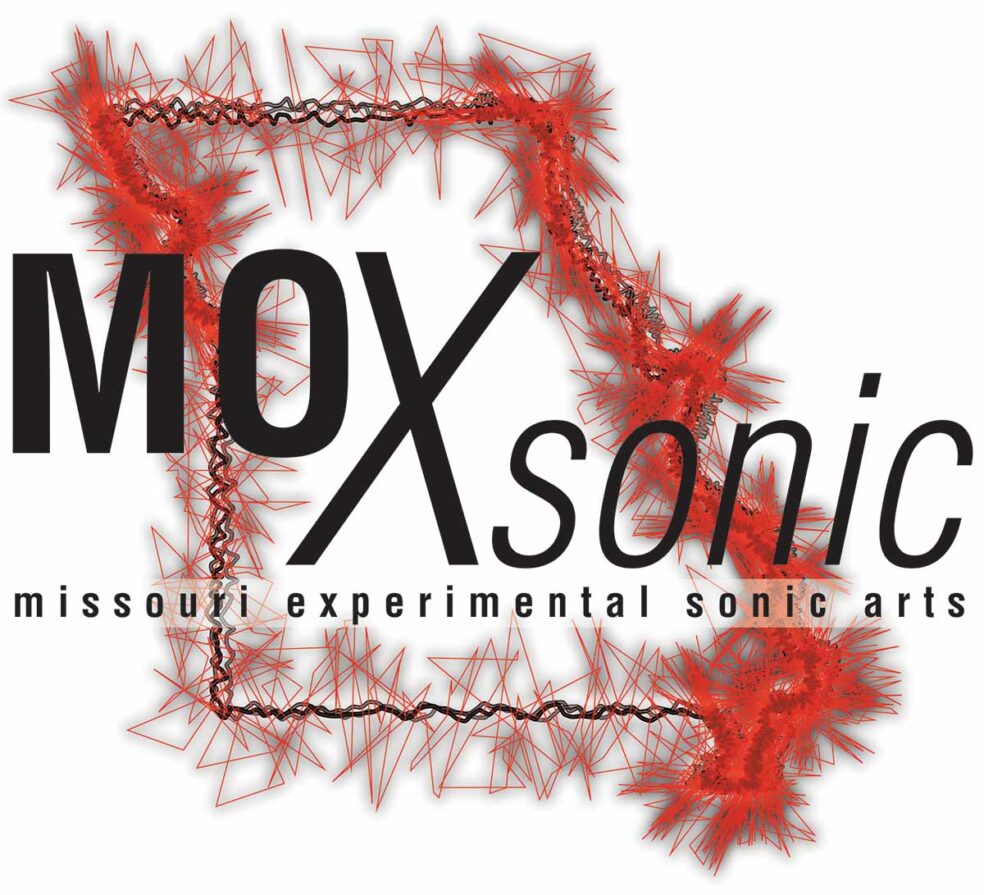Installation – Studio B, Wood Hall – All Day – Friday Only
- Dave Seidel – Involution, generative work for modular synthesizer
Involution: Hexanies
Dave Seidel, electronics
Involution is a generative piece for modular and computer synthesizers. It consists of slowly-changing sonorities that explore the harmonic spaces inherent in selected microtonal tuning schemes. These sonorities are formed using a combinatorial process that generates two-note chords (dyads). Complex chords bloom algorithmically out the frequencies of the dyad. By combining and contrasting the idiomatic outputs of analog and digital sound sources, we hear several textural layers: pure sine waves, evolving drones using scanned synthesis (both in the digital domain of software synthesis), and glitchy, semi-random modulations of audio and control voltage signals (in the modular synthesis domain, which combines analog and digital elements).
The modular portion of Involution’s setup is based on a Make Noise Shared System, though several modules have been swapped in and out to customize the system for this piece. The computer portion is a Raspberry Pi 4 running Csound in real time and using an external USB audio interface with four output channels. Dyads are generated by two independent channels of the Rene sequencer, running at different speeds. On the modular, notes are quantized to the selected tuning before being rendered and processed. Unquantized dyads are also sent to the computer system as MIDI notes on two separate channels, where they are quantized by Csound.
A CD-length version of Involution is slated to be released on the XI Records label in late 2020.
This installation version of a section of Involution uses a dual hexany scale: two identical 6-note hexany scales with one transposed up a just “whole tone” (9/8) so that they alternate in the octave without any duplicated notes.
Dave Seidel was born in Hudson, NY in 1958 and received a BA in Music Theory & Composition from Simon’s Rock College in 1978, studying with Larry Wallach and Thom Lipiczky. He also studied classical guitar with Edward Flower for a time.
In the 1980s he played electric guitar in the Downtown NYC new music scene, working in ensembles led by composers Lois V Vierk, Scott Johnson, Guy Klucevsek, and Bill Obrecht, and co-leading the band People Falling. He premiered the electric version of Vierk’s 五 Guitars (Go Guitars) for five microtonally-tuned guitars, live and on Simoom (Experimental Intermedia CD, 1990), and recorded Vierk’s Red Shift on River Beneath the River (Tzadik CD, 2000). He appeared on Klucevsek’s Flying Vegetables of the Apocalypse (Experimental Intermedia CD, 1991). He performed at a wide variety of venues, ranging from night clubs (CBGB, Mudd Club) to downtown performance spaces (The Kitchen, Dia Art Foundation, Dance Theater Workshop) to concert halls (New York’s Alice Tully Hall, Minneapolis’ Walker Arts Center) and at several new music festivals (New Music America in Los Angeles, Bang On A Can in New York, and Styrian Autumn in Graz, Austria).
Since 2004, Seidel has been focused on composing and performing of electronic music, usually with a microtonal and/or drone emphasis. He has presented his solo and collaborative work at Electronic Music Midwest, SEAMUS, North Country Electronic Music Festival, XFest, PVDLoopFest, and The Thing in the Spring. He also does live sound design for Greg Kowalski’s Machine 5 Theatre Works.
He lives in Peterborough, NH.
